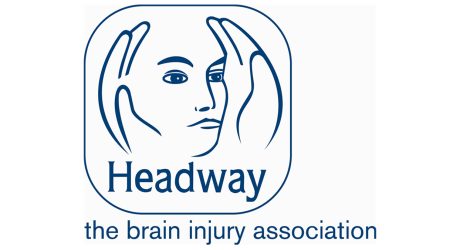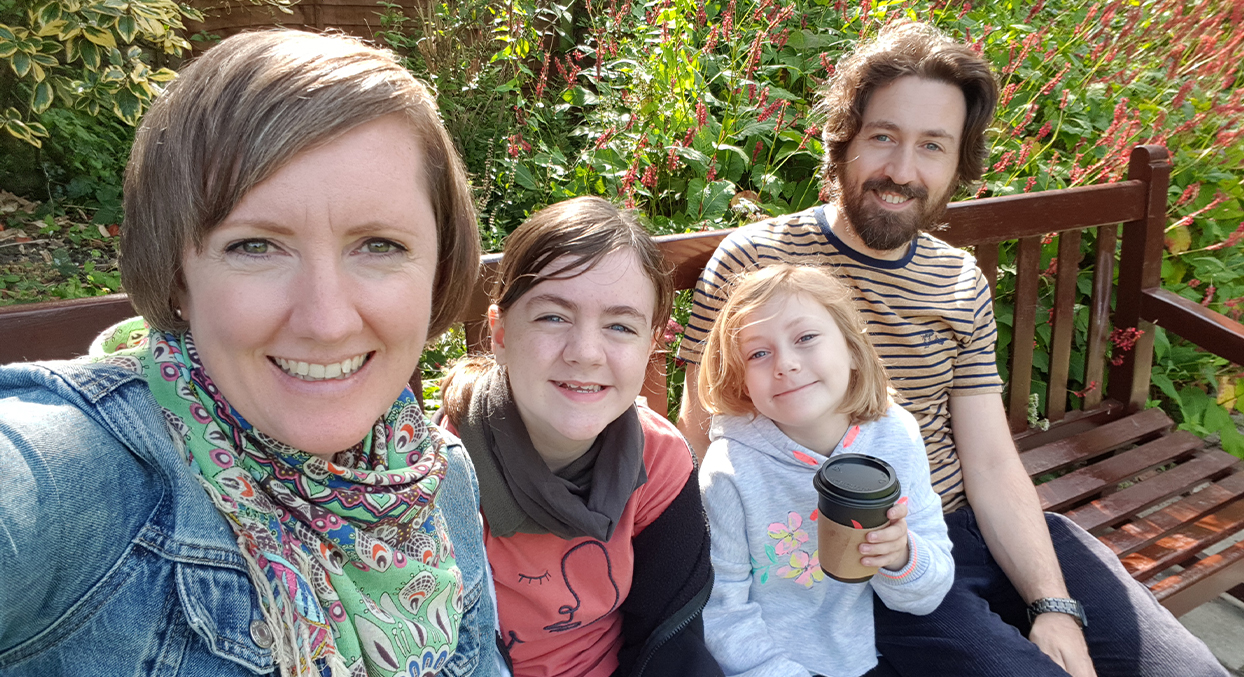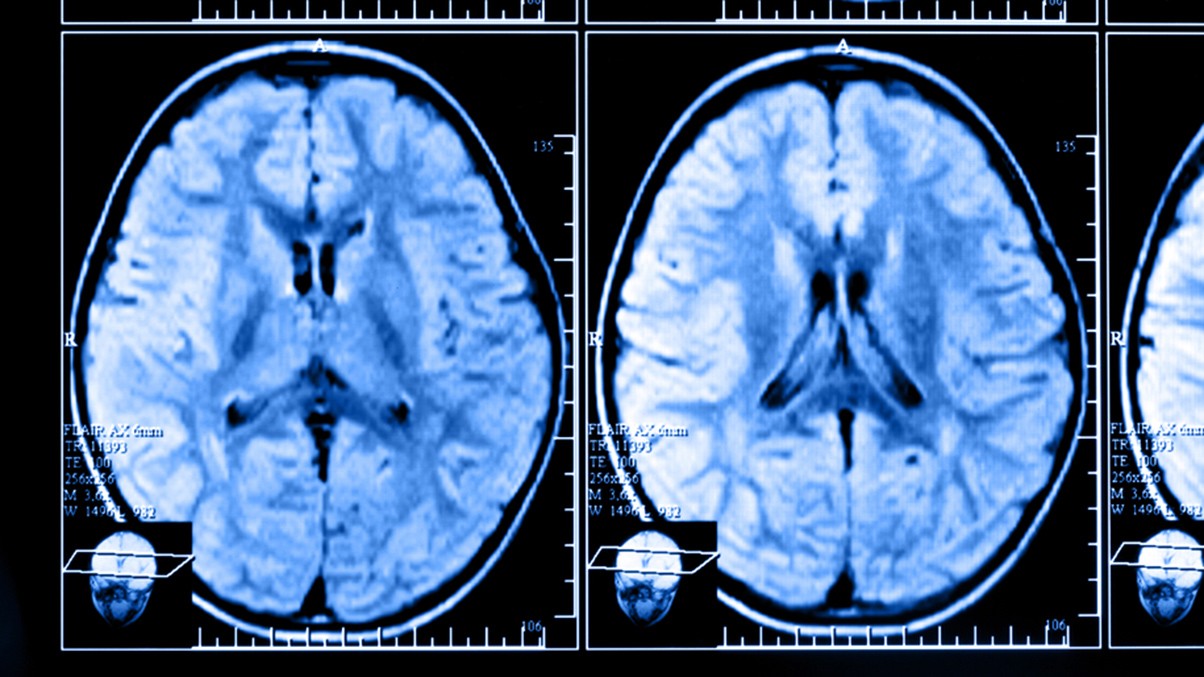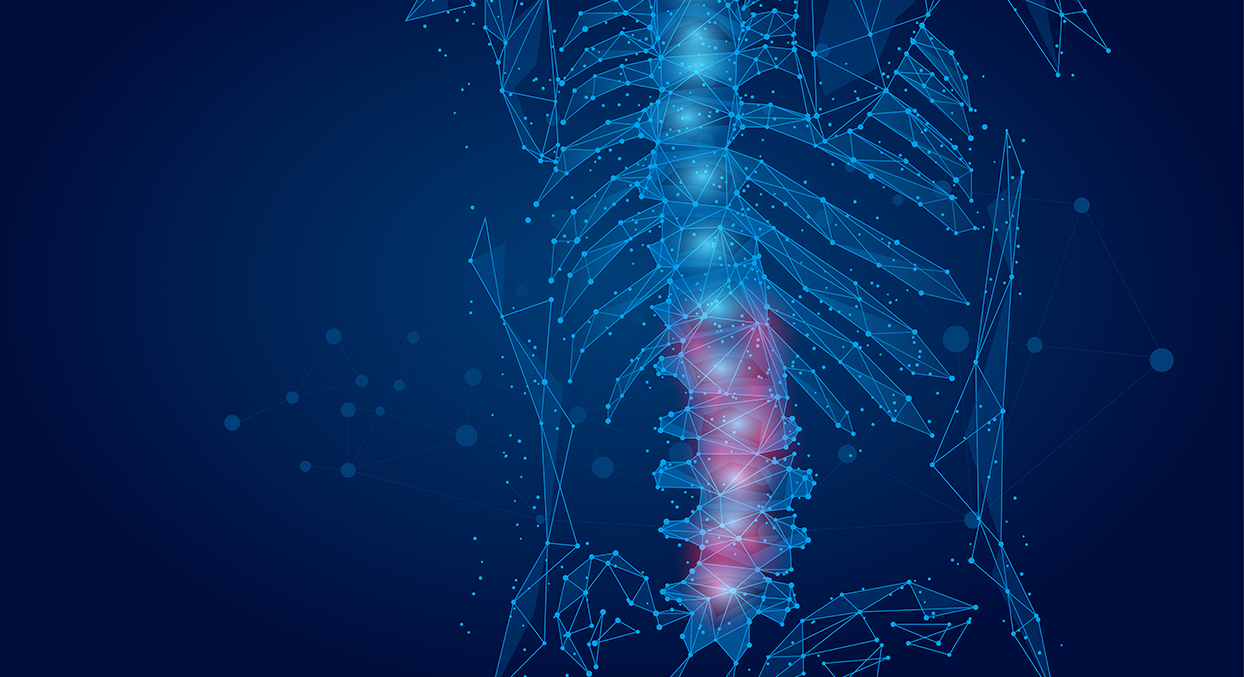In the time it takes you to read this article, at least two or three people will be treated for a brain injury. Recent statistics show that more than 350,000 people in the UK will acquire a brain injury each year.
Stewarts supports people who acquire brain injuries through traumatic accidents. Our clients receive compensation from the claims we pursue on their behalf due to their injuries.
We strongly advocate the need to raise awareness of the issues surrounding traumatic brain injury (TBI) and recognise the vital work done by brain injury charities such as Headway.
Action for Brain Injury Week (ABI Week) runs from 15 to 21 May 2023 and aims to give a voice to survivors and carers to help them better explain to their friends and families the challenges they face due to their brain injury.
Headway
Headway is a UK-wide charity that works to improve life after brain injury by providing vital support and information services. It offers a freephone helpline service, an emergency fund to assist individuals dealing with financial issues after a brain injury and a directory of approved residential homes, rehabilitation units and respite facilities.
Headway’s mission is to promote understanding of all aspects of brain injuries and provide information, support and services to survivors, their families and carers. It also campaigns to reduce the incidence of brain injury.
In 2011, the Stewarts Foundation supported Headway to launch the Headway Emergency Fund. Since then, grants totalling almost £500,000 have been paid to hundreds of families at a time of crisis.
Brain injury
A traumatic brain injury (TBI) can be caused by a forceful bump, blow or jolt to the head or body or from an object that pierces the skull and enters the brain. A TBI can cause temporary or short-term problems with normal brain function, including problems with how the person thinks, understands, moves, communicates and acts. More serious TBIs can lead to severe and permanent disability and even death.
Most of the recovery from a traumatic brain injury takes place in the two years after injury. In some patients, further improvement is seen as late as five to 10 years after injury. Some long-term studies (which unfortunately are often weakened by low follow-up rates) show surprisingly good outcomes.
It is important to recognise the signs and symptoms of a TBI and seek urgent medical help if either you or someone you know experiences the physical or cognitive symptoms set out below. You should also try to be aware of those around you, particularly in public or social situations, to recognise if someone’s behaviour or physical traits may be because they have a TBI.
Physical symptoms
- Headaches, dizziness, seizures, confusion, slurred speech, loss of balance and coordination, blurred vision and hearing problems, such as ringing in ears.
Cognitive
- Problems remembering, concentrating, changes in sleep pattern, frustration, irritability, mood changes, confusion and disorientation.
Summary
It is likely that during your life, you will encounter someone with a brain injury, whether they are a family member, close friend, colleague or even yourself. It is important awareness is raised to help support people with a brain injury and educate people to understand what a TBI is.
Many of the clients we have helped have gone on to live a fulfilling life after their TBI.
Nichola Fosler recently spoke with Claire Clark, who sustained a TBI in October 2014, to discuss how she is recovering since her accident.
Senior Paralegal Lizzie Dunn contributed to this article.
You can find further information regarding our expertise, experience and team on our International Injury and Personal Injury pages.
If you require assistance from our team, please contact us.
Subscribe – In order to receive our news straight to your inbox, subscribe here. Our newsletters are sent no more than once a month.





